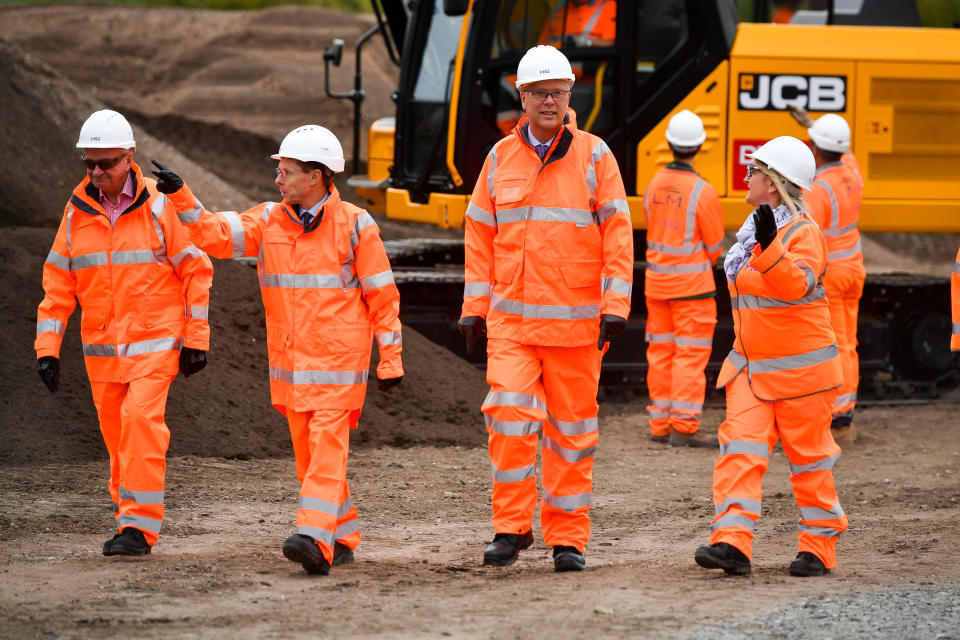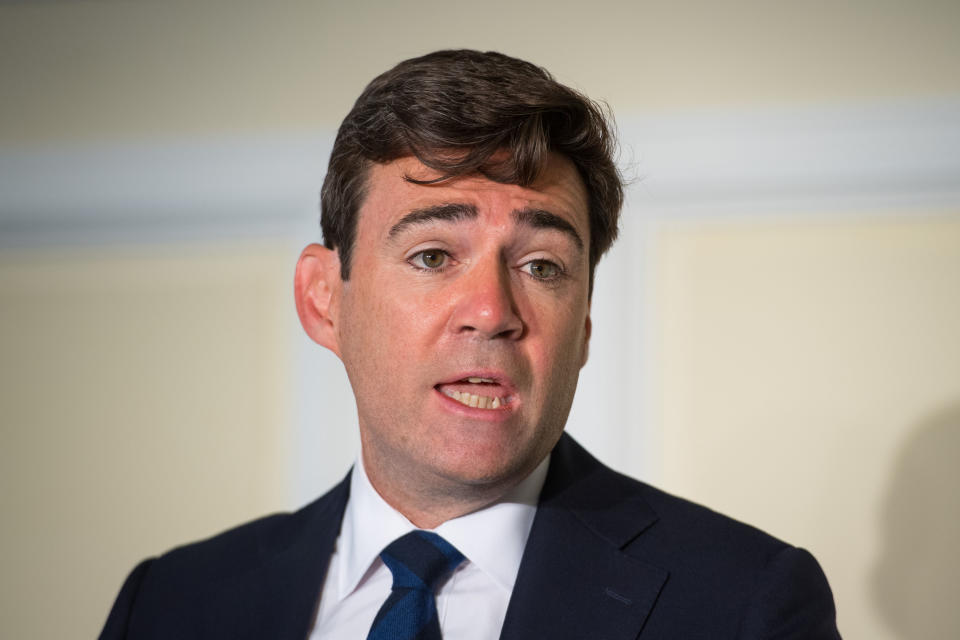Even HS2's own stats show rail line's massive London bias

London will enjoy around 40% of the benefits of the UK’s high-speed rail 2 line (HS2), according to an analysis of the project’s own figures.
A think tank warns today that the £56bn ($74bn) infrastructure project is the “antithesis of economic rebalancing,” worsening economic inequalities between London and the rest of the UK.
The New Economic Foundation (NEF), a left-wing think tank, says there is a risk HS2 “merely reduces commuting times to London and expands the zone from which people commute into the capital,” rather than benefiting other cities.
A new NEF report released today argues that any such enormous, government-backed investment should partially aim to tackle issues like unreliable, overcrowded and slow services on key commuter lines across the rest of the country.
It questions the justification for current HS2 plans, which are projected to see 40% of the passenger benefits accrue to London when the capital makes up only 23% of the UK economy, in terms of gross value added (GVA).
The report says the north will see less than one-third of the benefits, largely divided between the six cities of Manchester, Liverpool, Leeds, Sheffield, York, and Hull. The rail project will only have a “marginal” impact on commuters between these northern cities, despite them “suffering major crunch points” during peak hours and enduring years of under-investment compared to the capital.
READ MORE: Where to live for the fewest Tube delays
The report also sounds the alarm about whether starting construction in London and capping costs could risk the second phase of the construction in the north not being completed. The first phase links London to Birmingham, and the second links the high-speed line to the west and east coast main lines via Crewe, Manchester and Leeds.
It warns: “If Phase 1 costs overrun, as already seems likely, and no further money is available, what will this mean for Phase 2? At best, there will be an awkward decision awaiting a future government. At worst, the line could stop short, not even connecting core northern cities.
“Not only are we building a very expensive new line that addresses few of today’s network-wide capacity problems, but we are also missing an opportunity to boost the capacity of the network as a whole by offering passengers more opportunities to come on and off the new network and interconnect.”

But a department for transport spokesperson told the Guardian: “It is utterly false to say HS2 will increase the north-south divide. HS2 is a massive investment in the north and Midlands that will deliver much-needed capacity and more frequent services on the region’s existing rail lines, improving connections and unlocking opportunities for economic growth.”
The mayor of Greater Manchester Andy Burnham also backed the project today, saying HS2 combined with better east-to-west services was vital for the so-called ‘Northern Powerhouse.’
“HS2, linked with Northern Powerhouse Rail, can act as a catalyst for local growth and supporting UK plc. Together, both could support a doubling of the economic output of Greater Manchester to around £132bn by 2050, contributing at least 40,000 new jobs and 13,000 new homes to the local economy.
“The North needs to come to the front of the queue for transport investment and HS2 would be the catalyst for making that happen over the coming decades.”

 Yahoo Finance
Yahoo Finance 